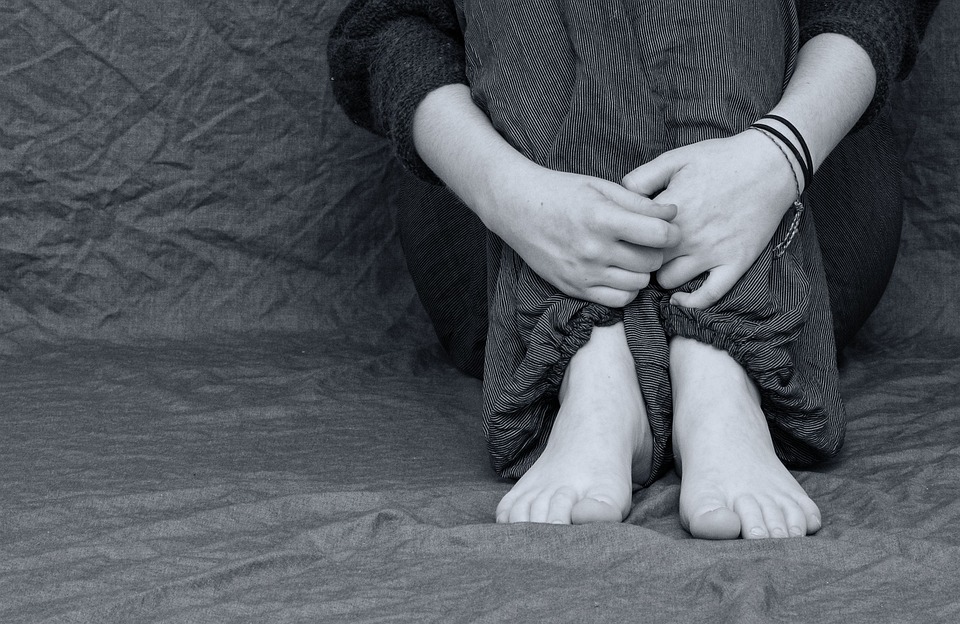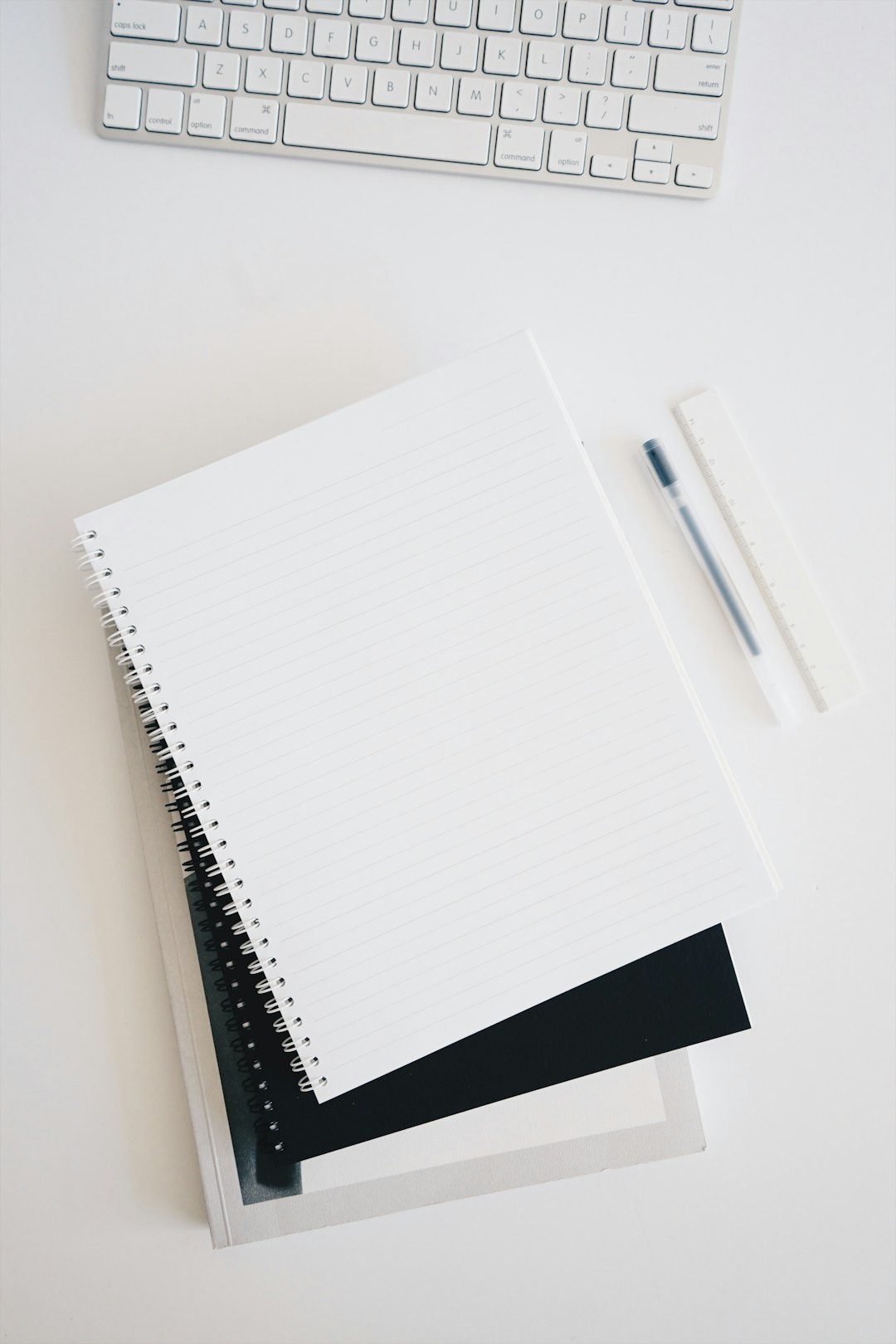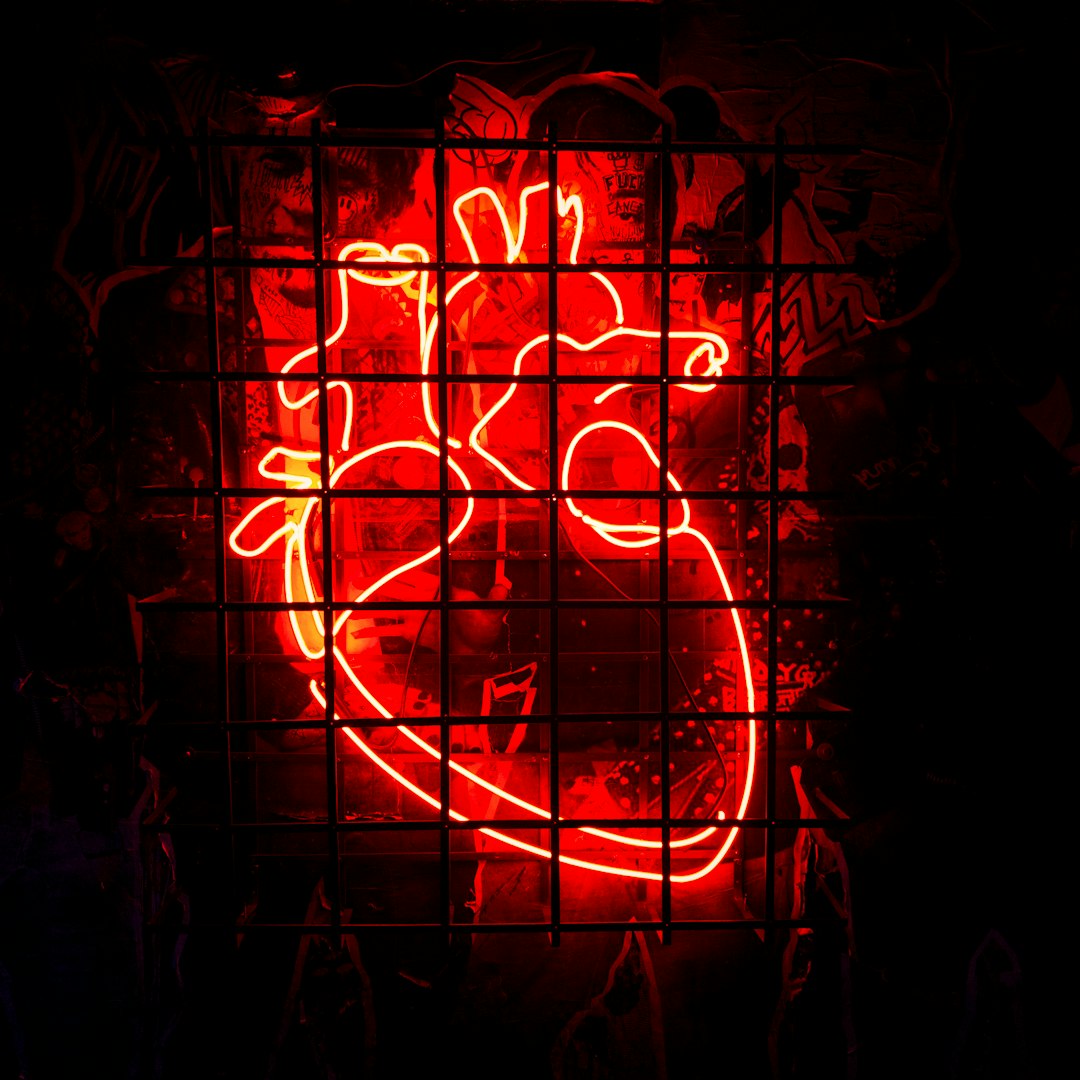Are you having trouble sleeping? Do you feel sad, anxious or overwhelmed? You’re not alone. Depression and insomnia often come hand in hand, and it’s hard to say which came first.
Depression can make it hard to fall asleep, resulting in increased feelings of anxiety and irritability. At the same time, sleeplessness can worsen depression symptoms, exacerbate fatigue, and leave you feeling drained and unproductive.
Fortunately, there are some techniques to help you cope with this problem. Start with creating a consistent sleep routine, keeping your bedroom dark and cool, and avoiding caffeine or alcohol before bed.
Try relaxation exercises, such as deep breathing or meditation, to calm your mind when you’re feeling anxious. Writing in a journal is another way to express your thoughts and help reduce stress.
Exercise, exposure to natural light during the day, and maintaining a balanced diet, can also contribute to improving your overall well-being.
If you’re still having trouble sleeping, talk with your doctor or a mental health professional who can help uncover the root cause of your depression and insomnia. Remember, with the right guidance and support, you can overcome sleeplessness and improve your quality of life.





